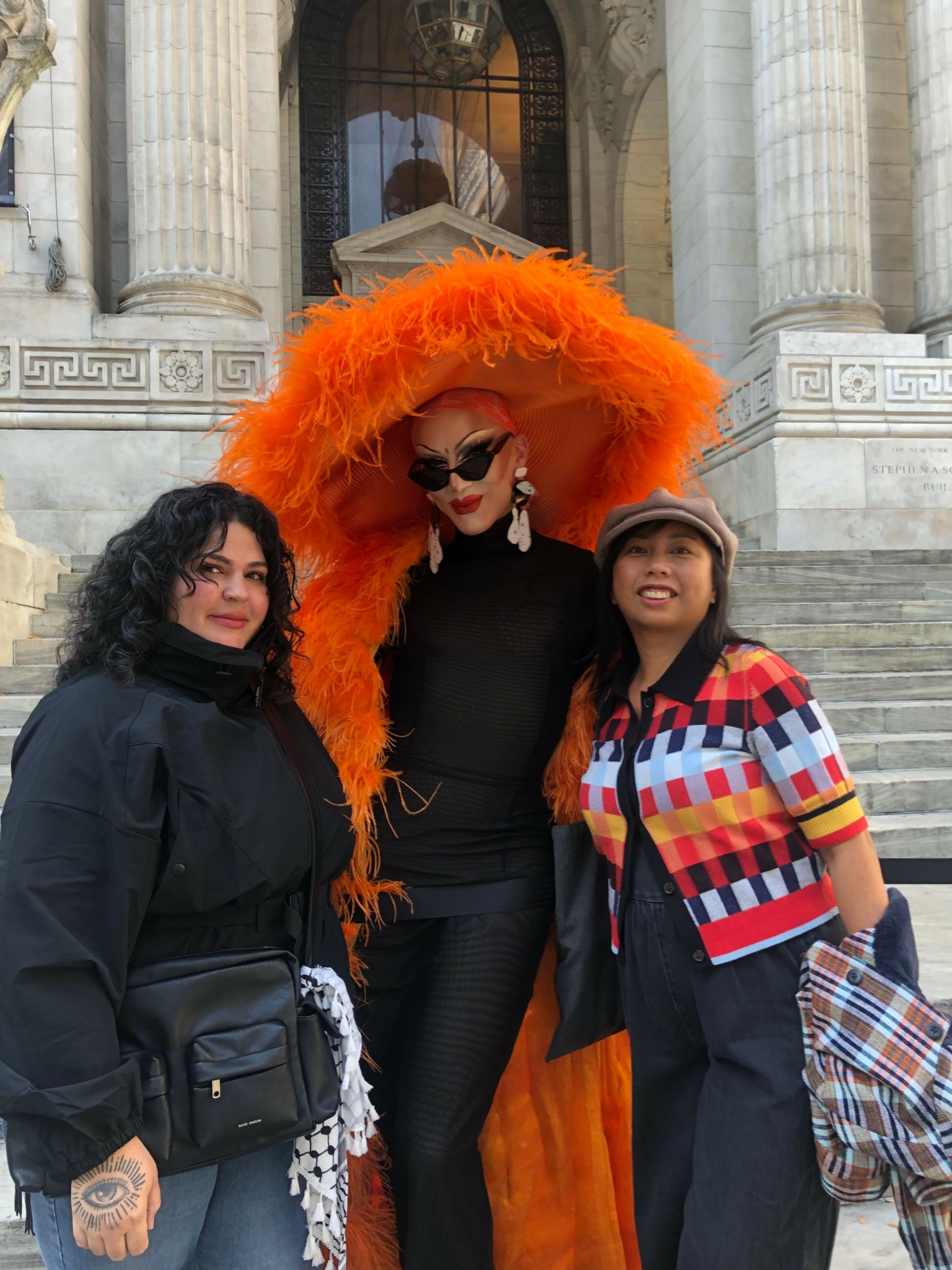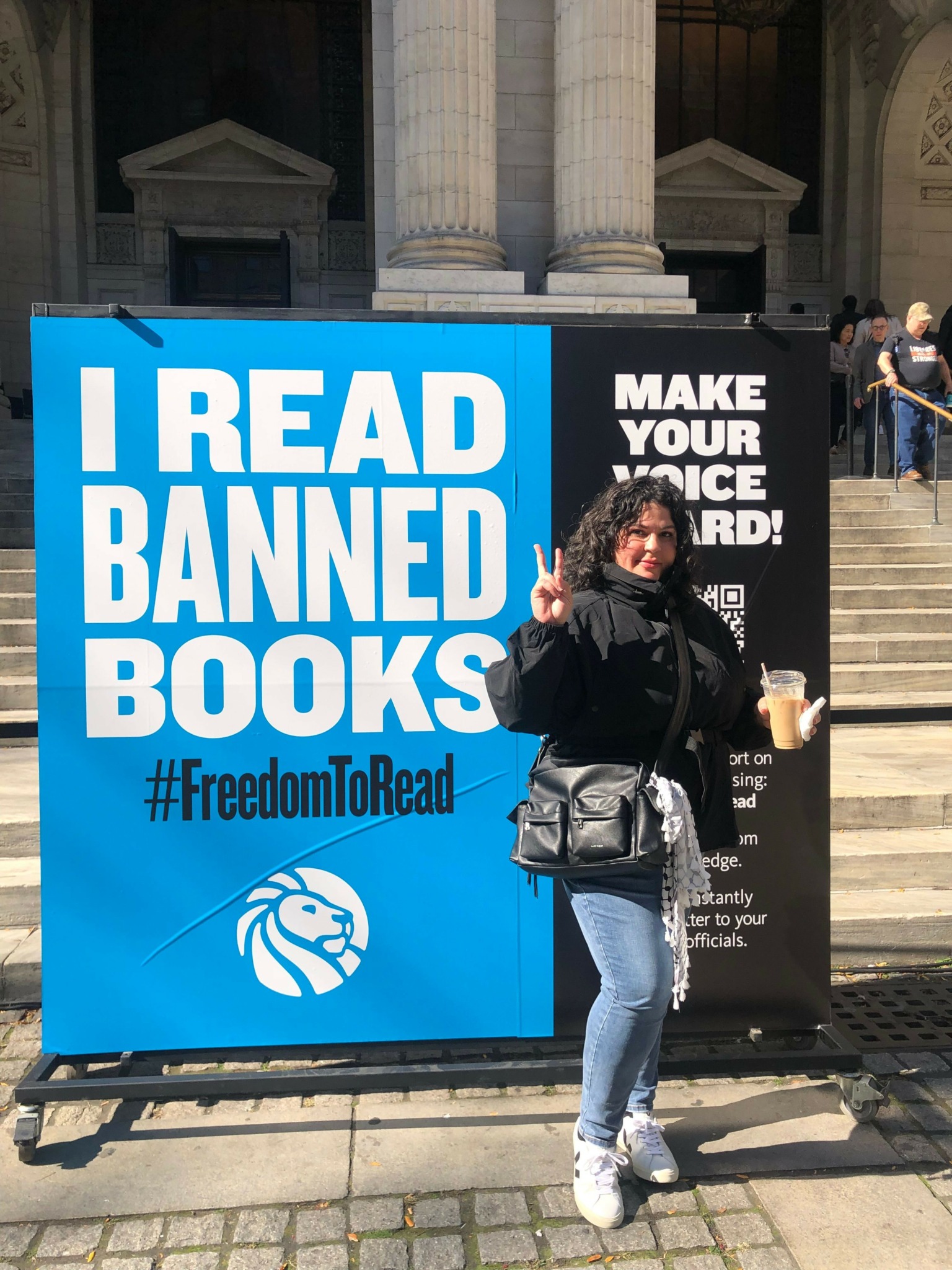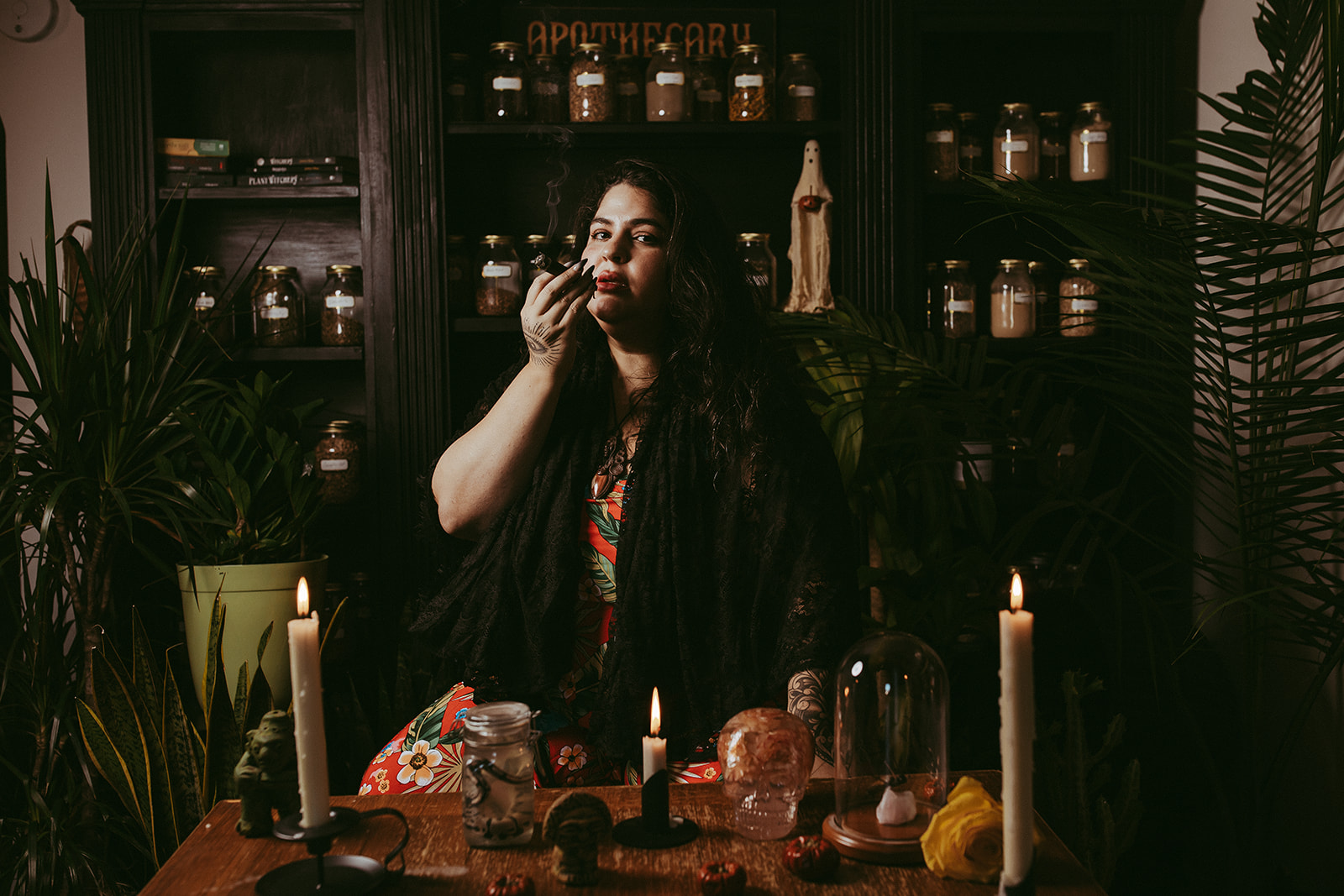Alright – so today we’ve got the honor of introducing you to Juliet Diaz. We think you’ll enjoy our conversation, we’ve shared it below.
Juliet, thanks for joining us, excited to have you contributing your stories and insights. Let’s kick things off with your mission – what is it and what’s the story behind why it’s your mission?
The Literary Craft Society is deeply mission-driven, born from my lifelong journey as a writer, activist, and advocate for liberation. The mission to foster revolutionary writing rooted in literary liberation, helping writers from marginalized communities find and amplify their voices.
This mission is personal because it stems from my own journey of decolonizing my mind, dismantling oppressive narratives, and reconnecting with my Indigenous wisdom. Growing up as a first-generation Cuban American and Indigenous Taino woman, I saw firsthand the power of storytelling to heal, resist, and transform. Stories weren’t just entertainment; they were survival tools, ways to preserve culture, resist erasure, and find self-sovereignty. This is the energy I bring to the Literary Craft Society: a space where others can feel safe to create, learn, and reclaim their voice.
For me, writing and storytelling are revolutionary acts. They carry the potential to disrupt oppressive systems and offer new visions of possibility. But these revolutionary stories don’t often emerge from spaces that were never meant to support or nurture marginalized voices. That’s why Literary Craft Society exists—to provide an inclusive, accessible community where writers can hone their craft, build meaningful relationships, and be empowered to write stories that challenge, inspire, and initiate change.
Through workshops, mentorship, and resources that center decolonial and liberatory practices, we guide writers to go beyond traditional publishing’s constraints and reclaim the narrative on their terms. Every offering, from our Revolutionary Writers Program to our tarot and oracle curriculum, reflects this commitment to fostering authentic, impactful writing that liberates both the writer and their audience.
The mission matters because writing has always been my way of showing up for the world, and I want to empower others to show up too. The Literary Craft Society supports writers who are bold, empowered, and revolutionary in their own right. In a world that often silences or co-opts marginalized voices, our mission stands as a counter-force, where every voice has the power to inspire change.

As always, we appreciate you sharing your insights and we’ve got a few more questions for you, but before we get to all of that can you take a minute to introduce yourself and give our readers some of your back background and context?
I’m Juliet Diaz, a Cuban American, Indigenous Taino author, award-winning and international bestselling author and founder of the Literary Craft Society. My journey into this work started as a young girl, long before I knew what “decolonizing” or “liberatory writing” meant. Growing up, storytelling became a way to survive, to make sense of the world, and to resist. Being a writer and a bruja, someone who connects deeply with my heritage and my spiritual roots, means every word I write and the community that I created is about fostering liberation, healing, and reclaiming voices that have historically been silenced or misunderstood. The Literary Craft Society is a community platform built for revolutionary writers. It provides a range of resources—mentorship, craft lessons, creative workshops, and opportunities to network with like-minded individuals. My goal is to make writing accessible for everyone, especially those from marginalized backgrounds who may feel like their stories don’t belong or won’t be valued. We offer programs like the Revolutionary Writers Program, which helps writers develop books from idea to publication. Our membership includes tools to support their journey, from beta reader groups to genre-specific webinars, all designed to help them master their craft and nurture their unique voices. What sets Literary Craft Society apart is our focus on decolonization and liberation through writing. I’m here to help writers not only hone their skills but also break away from narratives and structures that don’t serve them. We don’t just teach writing; we teach writers to reclaim their stories, to recognize the power of their voices, and to use literature as a tool for self-sovereignty, community care, and social change. What I’m most proud of is creating a space where writers feel seen, empowered, and supported. For many, writing can feel isolating, especially when the industry doesn’t reflect or celebrate diverse voices. For anyone considering joining or following my work, know that the Literary Craft Society isn’t just about writing—it’s about transformation. It’s a safe space for those ready to challenge norms, explore their the ways in which their stories can take shape, and create work that resonates with their truth. My vision is to foster a community of writers who aren’t afraid to take risks and to write books that matter. And through my own writing and the community we’re building, I’m dedicated to leaving a legacy of literature that stands for justice, love, and liberation.
What do you think helped you build your reputation within your market?
I believe my reputation in the market has been built on authenticity, dedication to community, and a clear commitment to liberation. People recognize that I don’t just talk about these principles—I live them. This authenticity resonates with others, especially those who seek a space that values their experiences and voices.
Another key factor has been my dedication to accessibility and inclusivity within the writing and publishing world. I created the Literary Craft Society to make high-quality mentorship and writing resources available to everyone, not just those who traditionally have access to these spaces. By offering programs that emphasize decolonial and liberatory practices, I’ve built a platform that goes beyond writing tips; it’s about empowering writers to reclaim their voices and use literature as a tool for transformation and healing.
Consistency is also vital. I show up for my community—whether that’s through hosting webinars, creating resources, or simply providing a supportive space where writers feel seen and valued. Over time, this commitment has helped build trust and credibility. I believe that when people see someone who’s truly invested in their growth and well-being, it fosters a deep, lasting connection.
Lastly, I think it’s my willingness to speak up about issues often overlooked in the industry, such as tokenism, cultural appropriation, and the need for more authentic representation. I’m proud to advocate for writers of color, Indigenous authors, and other marginalized voices. By centering these issues and actively working to create change, I’ve earned a reputation as someone who doesn’t just follow trends but is genuinely invested in shaping a more equitable and inclusive literary world.

What’s been the most effective strategy for growing your clientele?
The most effective strategy for growing my clientele has definitely been rooted in community-building efforts like word of mouth, in-person meet-ups, and hosting events focused on literary activism. The foundation of my work has always been about fostering genuine relationships and creating spaces where people feel seen, supported, and empowered to use their voices.
Word of mouth has been powerful because people who resonate with my approach to decolonial and liberatory writing often share their experiences within their own circles. This organic growth means that new clients coming in are often aligned with our mission and values, which creates a strong, dedicated community.
In-person meet-ups and community events have been equally impactful. They provide a chance to connect on a deeper level, where writers and activists can engage directly with me and with each other. Events centered on literary activism have been especially meaningful, as they not only amplify important conversations but also attract people who are passionate about using literature as a tool for change. These gatherings foster a sense of belonging and shared purpose, which strengthens our community and encourages people to become long-term members and advocates for the Literary Craft Society.
By focusing on building genuine, mission-driven connections, I’ve been able to grow my clientele in a way that feels authentic and sustainable. It’s not just about numbers but about cultivating a vibrant community that’s committed to meaningful work and collective liberation.
Contact Info:
- Website: www.literarycraftsociety.com and www.iamjulietdiaz.com
- Instagram: Iamjulietdiaz and literarycraftsociety
- Other: TikTok and Threads @iamjulietdiaz


